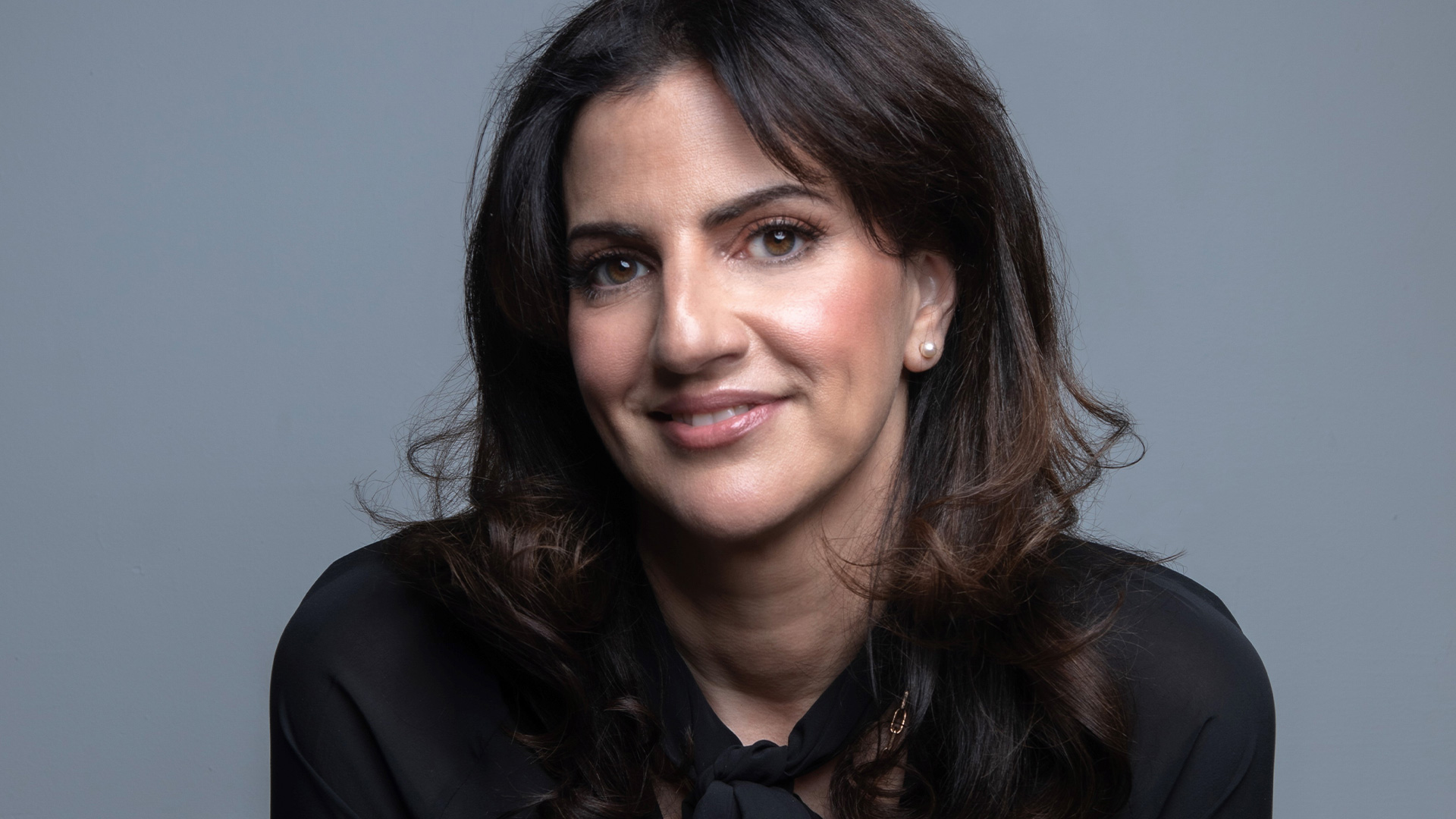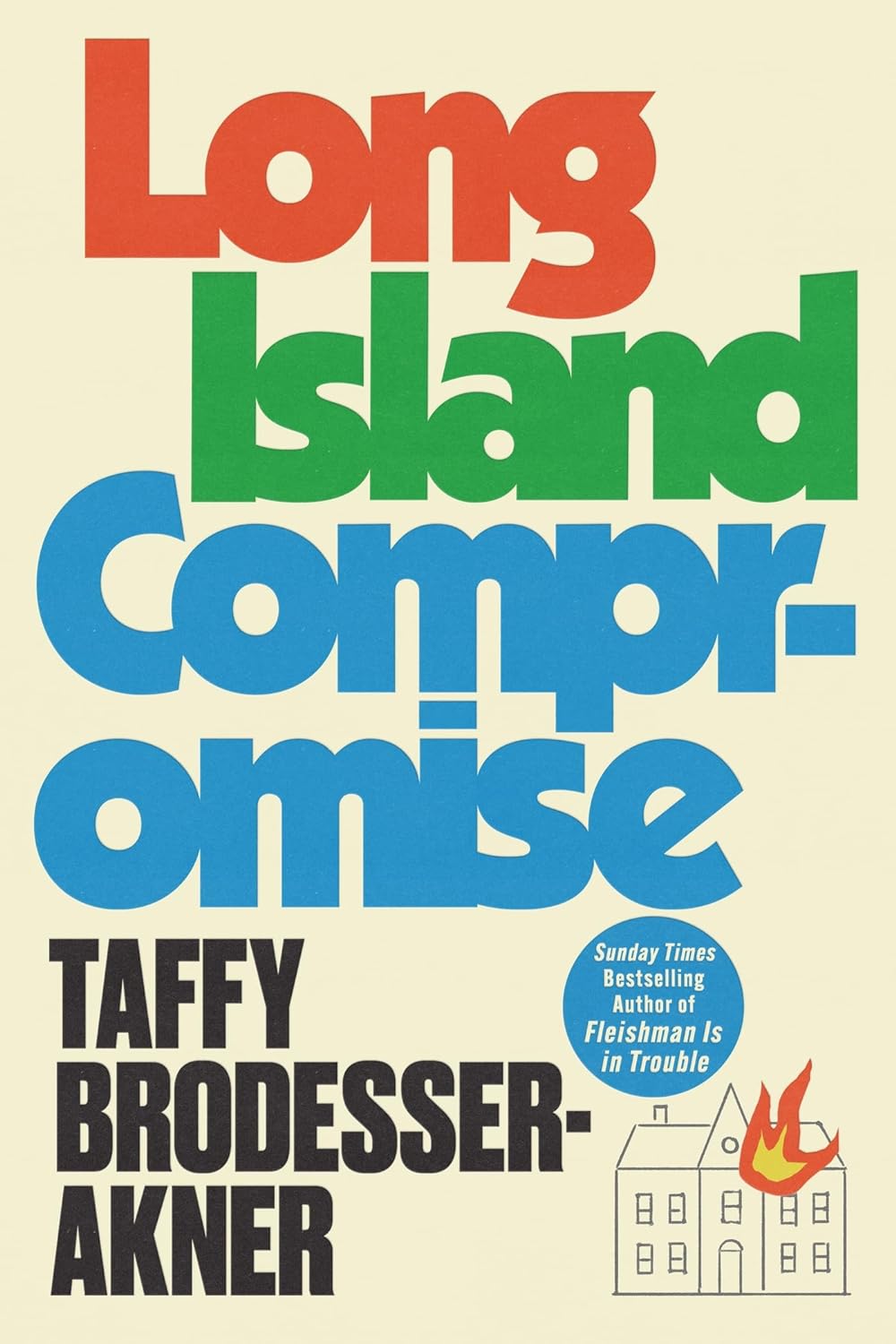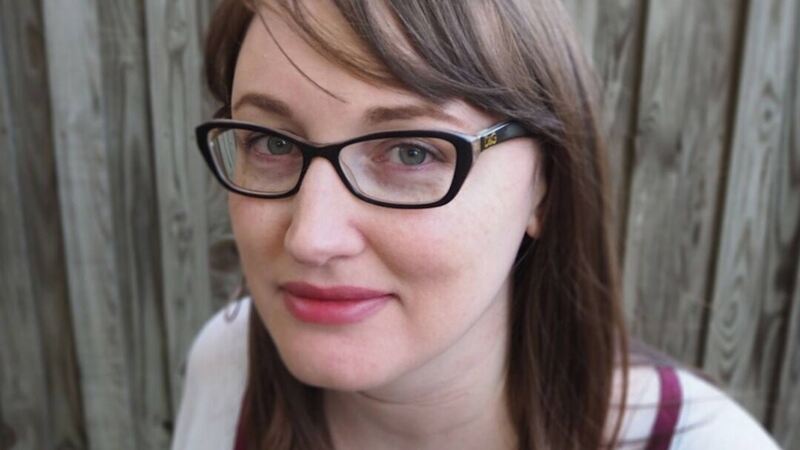You are viewing your 1 free article this month. Login to read more articles.
Author profile — Taffy Brodesser-Akner
Taffy Brodesser-Akner is preparing to publish the follow-up to her hugely successful début novel of 2019.
Taffy Brodesser-Akner’s literary reputation was riding high on the success of her début novel Fleishman is in Trouble, which came out in second format paperback in the summer of 2020, when her UK publisher Wildfire announced the publication of her second. Long Island Compromise was originally scheduled for the summer of 2021. It has taken a few more years than the author planned but, to the delight of this reader, it will finally arrive this July.
Long Island Compromise opens in 1980 with the kidnapping of Carl Fletcher, a very wealthy businessman, from the driveway of his suburban home in Long Island. After payment of the ransom, he is returned to his wife and children, and determines that their privileged lives should continue as before. Except, of course, they don’t. But it is only 40 years or so later, with the death of Carl’s mother Phyllis, that the wheels really come off.
Now grown, Carl’s children have dealt with the deep trauma of their father’s kidnapping in different ways. Eldest son Nathan became a lawyer, but his career is stymied by his chromic anxiety about taking any sort of risk. In contrast, his younger brother, Beamer, a Hollywood screenwriter, takes nothing but risks, and re-enacts the kidnapping over and over in his scripts. Jenny, the youngest, cannot find a purpose in life and is plagued by the question of who exactly she would be without all the money. All have been cushioned by wealth but now it seems the family fortune has dwindled and nobody has really dealt with the trauma at all…
It was a book that was going to reaffirm for me, I hoped, the question I always had, which was: is it better to come from money and never feel afraid?
When Brodesser-Akner—who is both charming and voluble, and disarmingly candid about everything – speaks to me over video call from New York City, she reveals that Long Island Compromise was actually begun long before she wrote Fleishman is in Trouble. Fittingly, for a novel so deeply engaged with money and what it means to have it, or not have it, Brodesser-Akner was worrying about her own financial circumstances at the time.
She did not grow up in a wealthy family, she tells me, “and then I became a journalist, and I married a journalist” and found herself facing the challenges familiar to many who write for a living: of not making very much money at all. Back in 2014, faced with a suddenly precarious housing situation, she decided to take a very well-paid magazine story which necessitated travelling to Russia and staying there for 12 days. Her older son, then seven years old, found her absence very hard. She was miserable and resentful: “That I did not have the choices of so many of the people that I knew, who had made different decisions out of college. I always felt so smug, that I was doing what I wanted to do.”
So, while in Russia, in between the two events she needed to cover, she started writing what would become – eventually – Long Island Compromise. “It was a book that was going to reaffirm for me, I hoped, the question I always had, which was: is it better to come from money and never feel afraid? Or to be someone who had to become scrappy and survive?”
She wrote the first 70 pages in the 10 days she was there. “I had this idea for a family of very wealthy people with kids who have everything given easily to them, and what would happen if that was taken away. Would they be able to survive?” But later, back in the US, after 100 pages or so, she stopped working on it. She is open about the reason why: “I didn’t feel like I had the skill to pull off the kind of book that I like – which is a sprawling, sweeping thing”. Among her favourite novels are Jonathan Franzen’s The Corrections and Philip Roth’s American Pastoral. She learned from the latter “that a story about a person should actually be a story about society”.
Instead, she started something new, the book that would become Fleishman is in Trouble. She boosted her confidence by telling herself “This will be the same as the profiles I write, because I know what the rules of those are. It will just be made up”.
A shrewd and savagely funny tale of marriage and divorce and the differing expectations placed on men and women, it felt like less complicated territory for a first novel and it took her just six months to write alongside her day job as staff writer on the New York Times Magazine.
TV rights to Fleishman were snapped up and she was approached to write the screenplay by the producers. It is relatively rare for novelists to adapt their own work, so I wonder if she said yes because she didn’t trust anyone else to do it justice? That is partly true she agrees, but also she found out: “If I wrote the pilot and then they fired me, and got someone else to do it, the way the union works is that I would still get paid for it and I would get paid, what, twice my annual salary! I could not say no to that!”
When she returned to it, Long Island Compromise, with its multiple characters and decades-spanning timescale, took time. “There are maybe 1,500 pages of this book that are not in this book. I wrote it over and over. I don’t revise, I rewrite.” It was, she says “a hard book to write because it was both angry at the wealthy [but I needed] to find compassion for the wealthy. I think it took so long to get the book right because I did not know exactly what the posture of that should be.”
The central plot point of Carl’s kidnapping was inspired by the real-life kidnapping of Jack Teich in Long Island in 1974. He was a family friend of her father’s (who gave his blessing for her to use it in the book and she is at pains to say the fictional Fletchers bear no resemblance whatsoever to the Teiches) and she had known about the kidnapping all her life. “I’m embarrassed to say this – if you include this, please say that I’m embarrassed to say it – but for a long time I did not say ‘what an awful thing’. I said: ‘imagine being rich enough to be kidnapped’. That is a really screwed up thing to say!” (In her defence, she was 12 at the time).
“But”, she says, “to have the honest instinct to write a book is to notice your ugliest, most shameful, most ridiculous moments. And to write them down if you feel like you can.” She is currently teaching a class now at NYU, on the same Dramatic Writing MFA that she graduated from in the late 1990s. “One of my students was talking to me about his story being too painful to write and I said, it’s not skill that separates people, it’s the ability to withstand that pain. And a little bit of being mercenary. Which I guess I published this book to understand that I am.”











